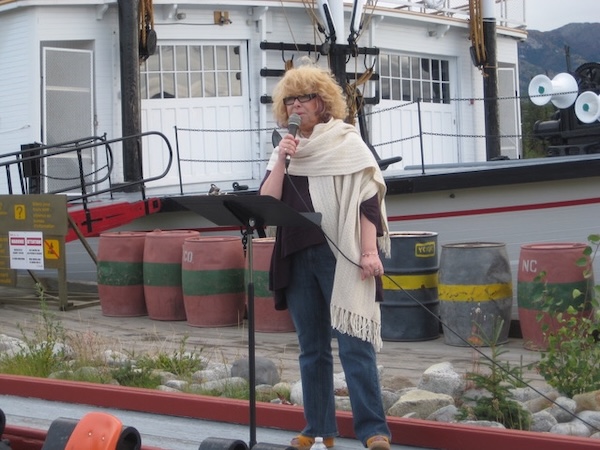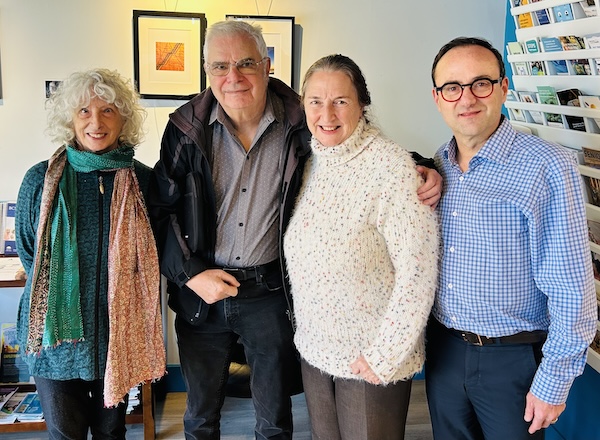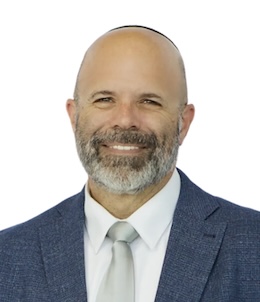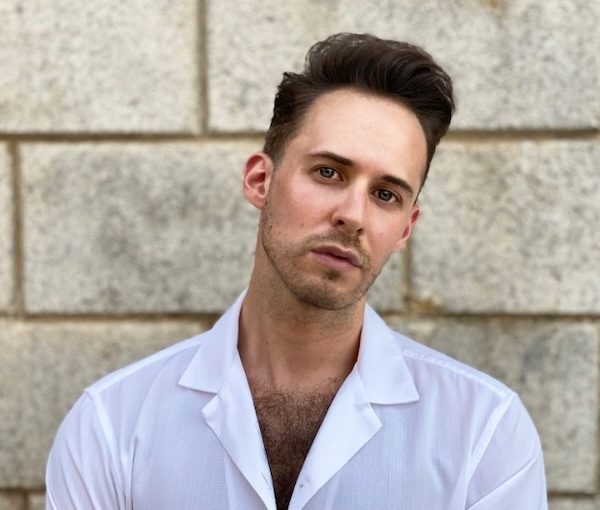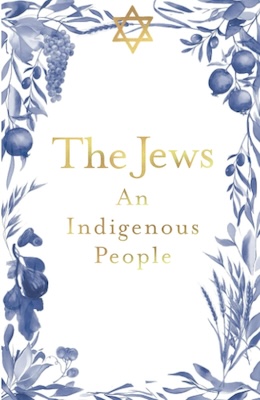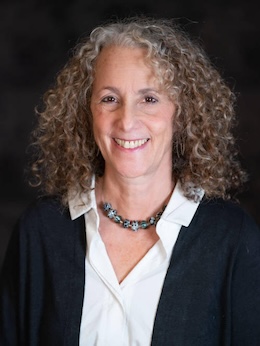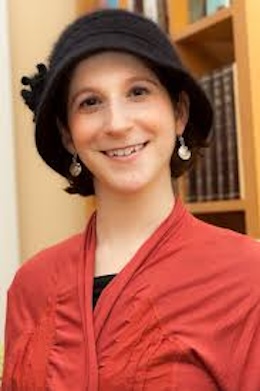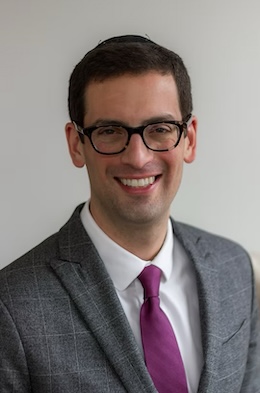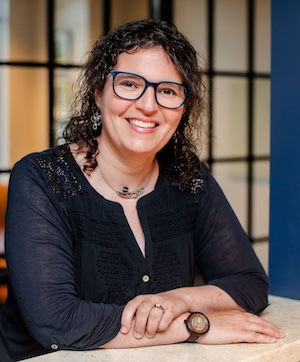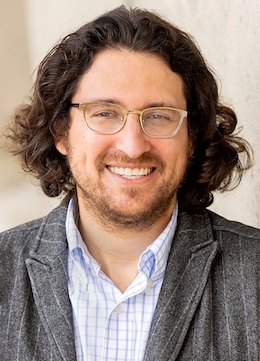Photos from the book include Joy Karp speaking to a group of people at a Terry Fox Run in Whitehorse. (photo from Rick Karp)
Creating a Lasting Impact: The Amazing Life of Joy Esther Karp was recently published.
Written by Rick Karp, who was married to Joy for 49 years – many of them spent in the Yukon – the account tells of her determination to make a difference and how she made numerous contributions to society, while having to overcome life-threatening issues every few years.
Joy Karp died in 2017.
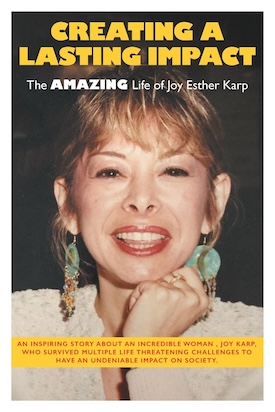 “I promised Joy a few weeks before she passed that I would ‘tell her story,’ and that is what I have done. People need to know who she was, what she accomplished throughout her life, how caring and supportive she was for others,” Rick Karp told the Independent.
“I promised Joy a few weeks before she passed that I would ‘tell her story,’ and that is what I have done. People need to know who she was, what she accomplished throughout her life, how caring and supportive she was for others,” Rick Karp told the Independent.
Two of the setbacks Joy Karp faced were a heart attack, after giving birth to twins in her early 20s, and a car accident, in which she was thrown from the vehicle onto a frozen Lake Ontario, smashing the bones in her left foot; she had to wear specially made shoes thereafter.
In 1986, the Karps moved from Ottawa to Whitehorse, where they brought the first McDonald’s to the North and were deeply involved in the economic, social and cultural fabric of the Yukon. But this didn’t protect the couple from life’s vicissitudes.
Joy was kidnapped in 1992 and buried in her car for close to 17 hours. The kidnappers shackled her wrists and ankles, blindfolded her, put a bag over her head and left her there without needed medication, despite knowing she had heart issues.
“After the kidnapping, Joy suffered horribly for years from PTSD and, a couple of years later, her heart gave out and she had to have a quadruple bypass operation,” Rick Karp said.
In addition, Joy’s foot was severely damaged after the kidnapping, and doctors considered amputation. The Karps, though, demanded that the doctors pursue another course, which allowed her to keep her foot.
A few years later, Joy had her first case of cancer and required operations, chemotherapy and radiation. The cancer returned after several years and proved incurable.
“The doctors thought it was a heart issue and all that Joy needed was a pacemaker,” Karp said. “The X-rays that they did to determine the positioning of the pacemaker showed that the issue was a cancerous growth that had developed in her right lung and had reached out and attached to her heart.

“They said that it was inoperable and that Joy only had about three months left, but she survived for close to 11 months.”
Despite all these adversities, Joy had an innate ability to understand and see the potential in others, to learn what they needed, and then make things happen for them, said Karp. People were always drawn to her, he said.
“This was one of the amazing things about Joy. She thought of others. She was a great listener. As a student, she helped her fellow students with assignments, and she had the ability to resolve issues.”
One of Joy Karp’s legacies is the McDonald’s Hands-On Business Training Program. The story begins in Ontario in the 1970s, with a job she had helping an owner-operator grow to five stores, and managing the head office. Confronted with a high turnover rate in some towns, the owner approached Joy for a solution.
She created a training program in 1978 and implemented it at local McDonald’s restaurants. By the early 1980s, according to Karp, the program was used throughout the fast-food chain.
“This is a three-year program that takes employees, or others that apply, through training and development that solidifies their knowledge of all of the stations in McDonald’s, training in customer service, and all aspects of how the restaurant operates,” he said.
“Then, to the right people, the program offers the chance to rise from crew person to crew trainer, to swing manager, to assistant manager and to manager – it offers career opportunities. Also, embedded in the program is the concept of ‘promote from within,’ which has been adopted by businesses, well, everywhere.”
Among other accomplishments, Joy organized service and customer satisfaction workshops for the Whitehorse Chamber of Commerce when the city played host to the Canada Winter Games in 2007. Her efforts, Karp said, were recognized by the event’s organizers.
Additionally, she played a key role in bringing the Special Olympics to Whitehorse, helped arrange for an outdoor play area and training computers at the Yukon Child Development Centre, and was pivotal in obtaining funding to make the Yukon Arts Centre wheelchair accessible. In 2013, she wrote The Power of Service: Service Through the Eyes of Customers, a book that emphasizes the importance for businesses to develop relationships and trust with those they serve.
Creating a Lasting Impact can be purchased on the Bookstore page at rwkarp.ca. A signed copy can be ordered by emailing Karp at [email protected].
Sam Margolis has written for the Globe and Mail, the National Post, UPI and MSNBC.

